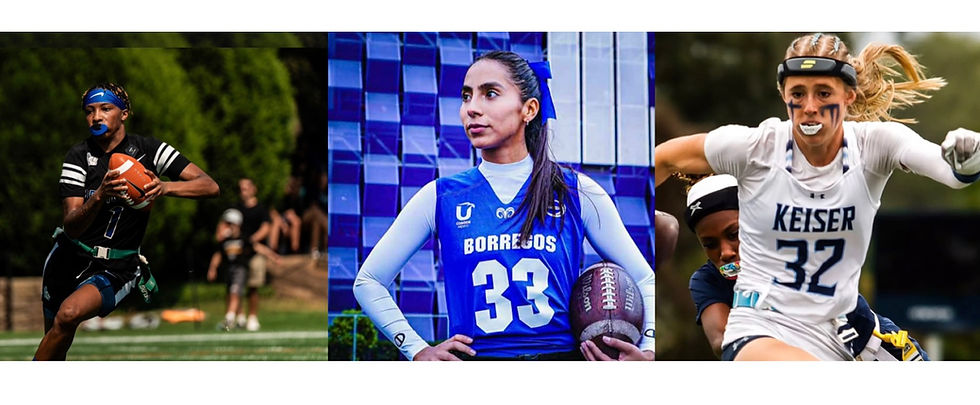The Case for “Holding In” vs. “Holding Out” in the NFL
- Jonathan Trusz
- Aug 2, 2023
- 3 min read

The new trend in terms of contract negotiations for players recently has been holding out of training camp in search of a new deal. This strategy, though it hasn’t seemed to work so well for players like Le’Veon Bell or more recently Saquon Barkley, has been employed throughout the history of sports.
However, after the signing of the 2020 NFL Collective Bargaining Agreement, the new trend has now become “holding in.” This agreement has taken away from teams the right to waive fines for players that refuse to report to mandatory training camp before the season starts. In the past, teams had the ability to simply do away with fines that players accrued while waiting for a new contract to be negotiated. This deal takes this power away from them, leaving players to foot the bill for missed team practices.
This turning point has led to players reporting to training camp, but merely sitting on the sidelines and watching team activities, but not participating in them. This allows them to dodge those pesky fines, but still make a statement to the team that they refuse to play under their current contract. This has been the strategy of current Colts running back Jonathan Taylor, who has been seen on video from the press reporting to training camp, but simply watching from afar wearing a t-shirt and bucket hat.
This could have an effect on how long players are willing to wait before the season to negotiate new contracts, as they can wait longer while not having to pay any monetary penalties, and potentially train by themselves in order to get ready for the new season. This adds a completely separate layer to negotiations, as it was reported that both Joe Burrow and Justin Herbert were waiting for one another to sign long-term contract extensions before they signed their own, in hopes to outdo one another.
For the running backs, as it has been widely reported in the media, this trend could potentially work in the future, though it has not been effective to this point. Saquon Barkley held out for a bit until he returned to sign a deal netting him slightly less than what the franchise tag would have, but he did make public the fact that the running back position has been underpaid and thrust the issue into the public spotlight.
The tactics for NFL players in their search for new deals have expanded, and the CBA may have to be expanded to cover situations like this. It’s hard to gameplan for every possible negotiating angle that players can use, and this may be a trend that could exist for a while, given that the current CBA doesn’t expire until March of 2030 - the end of the league year. It is certainly an interesting development that allows players to have a bit of bargaining power while still making sure that the team doesn’t forget that they have an issue. Holdouts for some players like the aforementioned Le’Veon Bell (who sat out the entirety of the 2018 season) have been largely ineffective, but here’s to the players trying to give themselves a voice.
Jon Trusz is a recent graduate of the University of Connecticut who achieved degrees in Political Science and Communications and can be reached on LinkedIn under his name, or via email at jonathan.trusz@uconn.edu.






